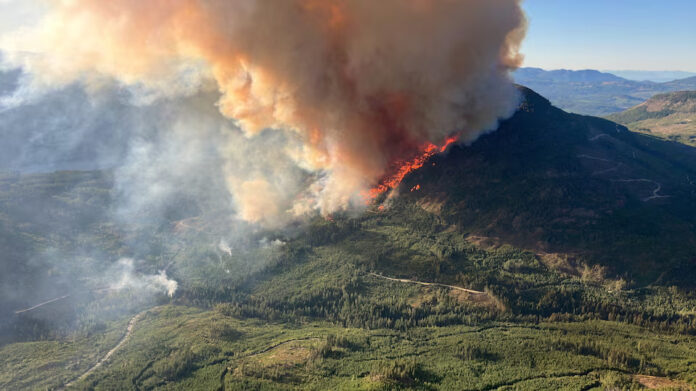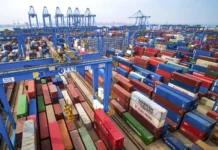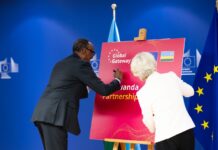
Canada’s second-worst wildfire season on record has already scorched 7.8 million hectares and could continue for weeks, with federal officials warning Monday that blazes may persist well into autumn.
Julienne Morissette of Natural Resources Canada said warmer-than-usual temperatures forecast through the end of September in southern British Columbia, Alberta, and Saskatchewan pose a significant risk of new fires in areas already severely dry. Existing fires also have a “high likelihood” of smoldering deep into the fall, she noted.
While the western provinces of Saskatchewan and Manitoba have accounted for more than 60% of burned areas, fires have also hit Atlantic provinces such as Newfoundland and Nova Scotia amid unusual dryness.
Since 2023, wildfires have consumed more than 25 million hectares nationwide, sending massive plumes of smoke across Canada and into the United States. The smoke disrupted summer activities in parts of the U.S., prompting complaints from local officials.
The fires have forced mass evacuations, particularly in northern Canada, where many Indigenous communities have been displaced. About 13,000 First Nations residents remain evacuated, with some still unable to return home due to damaged infrastructure and lingering health risks.
During the peak of evacuations, military aircraft transported people from remote forest communities to emergency shelters, including hotels in Niagara Falls, Ontario, thousands of kilometers away.
Federal officials stressed that climate change is driving the worsening crisis, pointing to warmer average temperatures and longer snow-free seasons.
“Increasingly fires are an all-year event, and as Canadians we need to be fire-smart all year,” said Corey Hogan, parliamentary secretary to the minister of energy and natural resources.
Written By Rodney Mbua


















